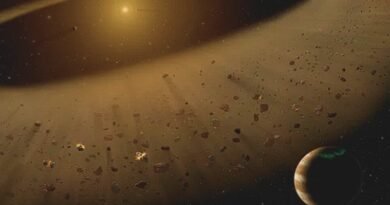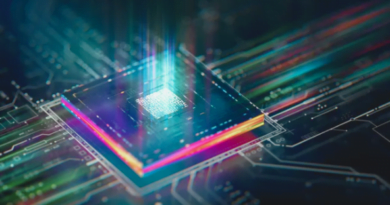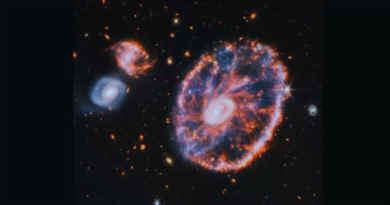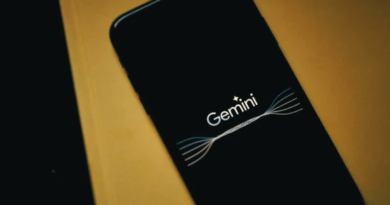Space Encryption to Outsmart Future Quantum Computers
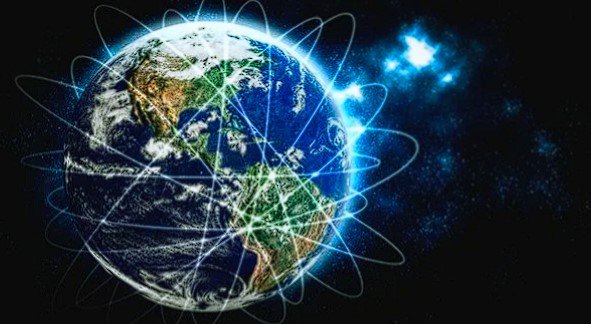
Light-based data transmission is set to outmatch future quantum computers. The groundbreaking satellite launch in 2025, paving the way for secure communication in the digital age.
Quantum computers pose an imminent threat to encryption, but scientists propose a revolutionary solution utilizing satellite technology to transmit data as light particles. This innovative approach aims to create a global network of satellites capable of securely beaming encrypted messages, safeguarding against potential interception by future quantum computers.
Currently, secure messaging relies heavily on cryptographic methods, including widely used end-to-end encryption protocols like those found in WhatsApp, corporate communications, and government and military data protection systems. Encryption algorithms scramble data using complex mathematical operations and unique keys, making decryption a monumental challenge even for the most powerful conventional supercomputers. However, the advent of quantum computing introduces a new level of risk, as these machines possess unparalleled processing power that could potentially crack existing encryption methods.
In anticipation of this threat, researchers are exploring quantum cryptography, leveraging the inherent properties of quantum mechanics to create unbreakable encryption. One promising initiative is the ‘Quick3’ project, which proposes a satellite-based system utilizing photons to transmit data securely across vast distances. Quantum encryption relies on the principles of quantum mechanics, making interception and copying theoretically impossible due to the fundamental laws of physics.
While traditional Earth-based quantum cryptography faces limitations in long-distance data transmission due to light scattering, satellite-based solutions offer extended reach and reliability. By operating above the Earth’s atmosphere, where light encounters minimal interference, satellite networks can transmit encrypted data over much longer distances. Recent projects have demonstrated the feasibility of quantum key distribution (QKD) between ground stations separated by hundreds of miles, showcasing the potential of satellite-based quantum communication.
The Quick3 initiative aims to realize a fully operational quantum communication system, necessitating the development of a robust satellite infrastructure. Successful testing of individual components on Earth has paved the way for the next phase: space testing, with a scheduled satellite launch in 2025. A comprehensive satellite network comprising hundreds or even thousands of satellites could herald a new era of secure global communication, resilient against the looming threat of quantum computing.”

